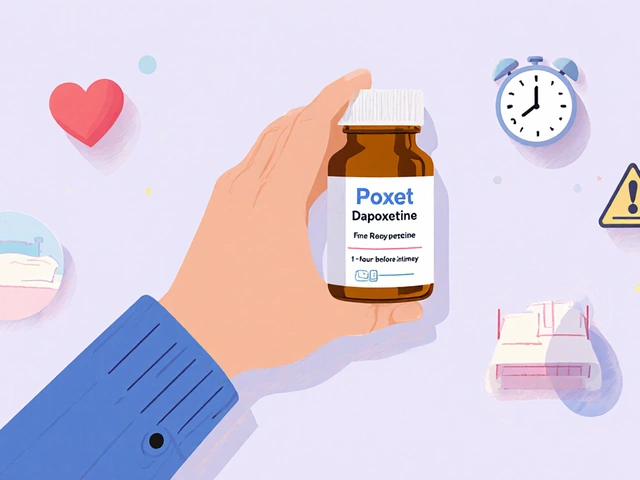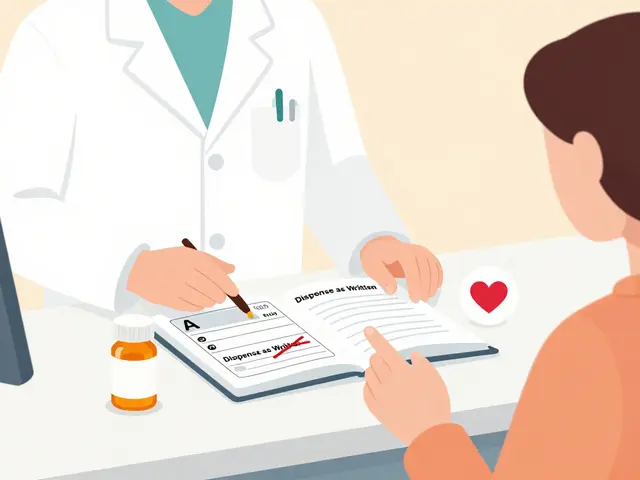Surgery tips: what to do before and after your operation
Missing one small pre-op step can slow recovery by days or even weeks. These surgery tips focus on real actions you can take right now — things nurses and surgeons expect you to handle, and things they wish patients knew. No fluff, just what works.
Pre-op checklist: simple steps that matter
Talk with your surgeon and your primary care doctor about every medicine you take — prescription drugs, vitamins, and herbal supplements. Some pills thin the blood or interact with anesthesia. Ask which ones to stop and when.
Arrange a ride home and a plan for the first 48 hours. After anesthesia you won’t be safe to drive or make big decisions. Book help for kids, pets, and chores ahead of time.
Follow fasting instructions exactly. Eating or drinking when you shouldn’t can delay surgery. If instructions are unclear, call the surgical team — don’t guess.
Prepare a small recovery kit: short list of meds (with clear dosing), loose clothes, phone charger, washable pads for wound drainage, and an easy‑to‑reach water bottle. Put important numbers on your phone and in writing.
Post-op care: pain, wounds, meds, and movement
Manage pain proactively. Take prescribed pain meds on schedule for the first 48–72 hours rather than waiting for pain to spike. If you prefer nonopioid options, ask your doctor about acetaminophen or ibuprofen and the right timing to combine them.
Wound care matters. Keep the incision clean and dry unless told otherwise. Wash hands before touching the site. If you see increasing redness, pus, a foul smell, or a fever over 38°C (100.4°F), contact your surgeon right away.
Move early and often, but follow limits. Short walks prevent blood clots and speed recovery. Avoid heavy lifting and strain until your team clears you.
Watch for trouble signs: heavy bleeding that soaks a bandage quickly, sudden shortness of breath, chest pain, high fever, or numbness that gets worse. Those need prompt medical attention.
Medication safety after surgery is critical. Use a single pharmacy if possible so your records are consistent. If you buy meds online, pick verified pharmacies only. Check for a physical address, licensed pharmacist contact, and clear prescription rules. Our site has guides on spotting fake pharmacies and safe online sellers — use them to avoid counterfeit drugs.
Prevent constipation, a common post-op problem when using opioids. Drink plenty of water, eat fiber, and consider a gentle stool softener or laxative if your doctor approves.
Keep follow-up appointments. Many complications are caught at routine checks. If something feels off between visits, call — early fixes are easier than late ones.
Small choices make a big difference. Plan your recovery like you planned the surgery: one step at a time, with clear instructions, safe meds, and someone to help. That’s how most people get back to normal faster and with fewer surprises.

Effective Ways to Prevent Blood Clots After Anesthesia
Blood clots can be a serious risk during recovery from anesthesia and surgery. Understanding prevention strategies and ways to reduce this risk is crucial for a safe and smooth healing process. This article covers practical tips and insights to help you stay informed and proactive. Whether through physical activity, dietary choices, or medical interventions, there are various approaches to consider. Taking control of your postoperative health can make a significant difference in recovery outcomes.
View More




